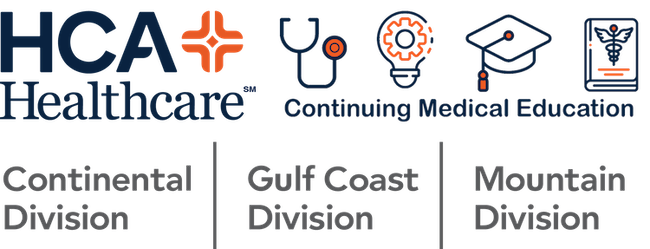Title
Category
Credits
Event date
Cost
- Cardiovascular Diseases
- Pulmonary Medicine
- 1.00 AMA PRA Category 1 Credit™
- 1.00 Attendance
$0.00
In mountainous regions – particularly altitudes of 9,840 to 16,400 feet above sea level – activities such as skiing, hiking, bicycling or climbing, place unique challenges on the heart and blood vessels due to lower levels of oxygen and fluctuations in air pressure, temperature and humidity. At high altitudes, the heart requires more oxygen-rich blood, even when at rest. High-altitude pulmonary edema is a largely preventable condition.
- Cardiovascular Diseases
- 1.00 AMA PRA Category 1 Credit™
- 1.00 Attendance
$0.00
Arrhythmia entails a broad spectrum of disorders of heart rate and rhythm abnormalities. Arrhythmia is broadly categorized into bradyarrhythmias and tachyarrhythmia based on the heart rate. They are further divided according to the origin, means of transmission, and syndromes associated with it. Patients with an arrhythmia may exhibit a broad spectrum of clinical presentation from being entirely asymptomatic to sudden cardiac arrest.
- Cardiovascular Diseases
- 1.00 AMA PRA Category 1 Credit™
- 1.00 Attendance
$0.00
Intracardiac shunts are abnormal pathways for blood flow in the heart that form either in addition to or in place of normal pathways for blood flow. They are the most common congenital heart defects. Management of a shunt depends on the disease type and ranges from simple clinical observation, medical therapy, lifestyle modification to surgical intervention. This activity reviews the evaluation and treatment of intracardiac shunt and highlights the role of the interprofessional team in evaluating and treating patients with this condition.
- Pulmonary Medicine
- Primary Care
- Cardiovascular Diseases
- 1.00 AMA PRA Category 1 Credit™
- 1.00 Attendance
$0.00
This education is to provide best practices related to current topics in primary care. The goal of this education is to increase awareness of evidence-based guidelines pertaining to evaluation, treatment and management of topics discussed and utilize the recommendations provided.
- Cardiovascular Diseases
- 1.00 AMA PRA Category 1 Credit™
- 1.00 Attendance
$0.00
Medical professionals including physicians, nurses, pharmacists, therapists and other members of the healthcare team require ongoing education pertaining to the recognition, diagnosis, and treatment of patients with neurologic disorders. This offering will provide an overview of the mechanics and logistics of Transcranial Doppler (TCD), it's advantages and limitations, as well as review case studies and the future of TCD testing.
- Pulmonary Medicine
- Pediatric Cardiology
- Cardiovascular Diseases
- 1.00 AMA PRA Category 1 Credit™
- 1.00 Attendance
$0.00
This course is designed to provide general primary care providers, pediatricians and general surgeons with comprehensive information about syncope and dysautonomia. Including the types of these conditions, treatment strategies and when to suspect cardiac etiology. Participants will gain knowledge through review of evidence-based studies and case reviews.
- EMS Cardio
- Cardiovascular Diseases
- 1.00 AMA PRA Category 1 Credit™
- 1.00 Attendance
$0.00
This activity will provide an intensive, practical focus on evidence-based approaches to cardiac case management for the EMS provider. Participants will review case studies to provide diagnosis and treatment strategies needed to improve field and clinical performance. Discussion surrounding individualized plans needed to formulate multi-disciplinary management of these patients to improve clinical outcomes and reduced mortality.
- EMS Cardio
- Cardiovascular Diseases
- 1.00 AMA PRA Category 1 Credit™
- 1.00 Attendance
$0.00
This activity utilizes case reviews to help the EMS provider better assess and treat the chest pain patient in the field. Participants will learn how to read EKG results to provide a differential diagnosis to evaluate and manage patients in the field prior to transport to the emergency department. Risk Stratification tools, chest pain algorithms, and clinical practice guidelines are provided as resources for providers to improve evaluation processes resulting in better patient outcomes.
- Cardiovascular Diseases
- 1.00 AMA PRA Category 1 Credit™
- 1.00 Attendance
$0.00
Cardiovascular death is the leading cause of death, accounting for nearly 13% of all deaths. This lecture will review the History of Transcatheter Valvular Interventions and their evolution, including Transcatheter Aortic Valve Replacement, where it first started, and the Heart Team Approach in TAVR therapies. Additionally, participants will learn about Mitral Valve Disease, the types of MVD, various treatment options with their benefits and limitations, and updated guidelines will be provided.

 Facebook
Facebook Twitter
Twitter LinkedIn
LinkedIn Forward
Forward